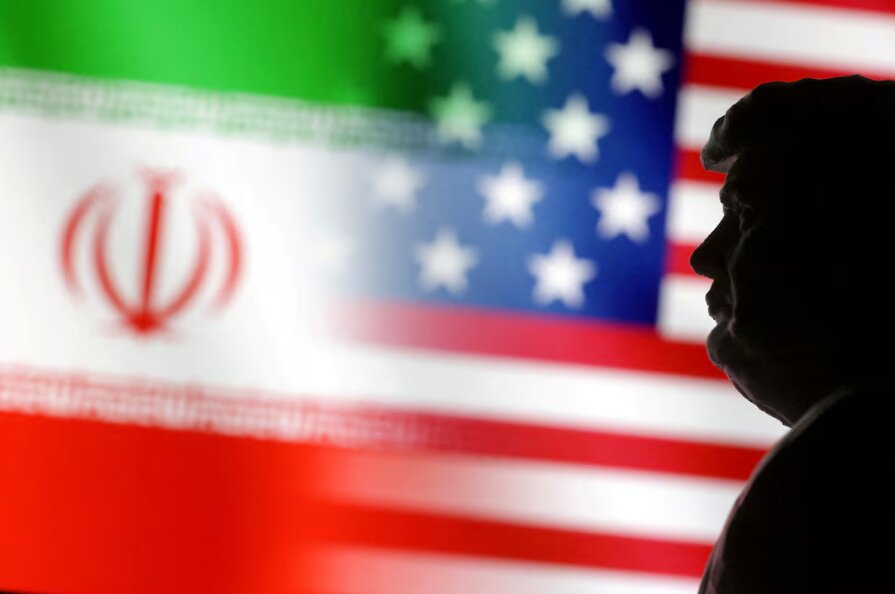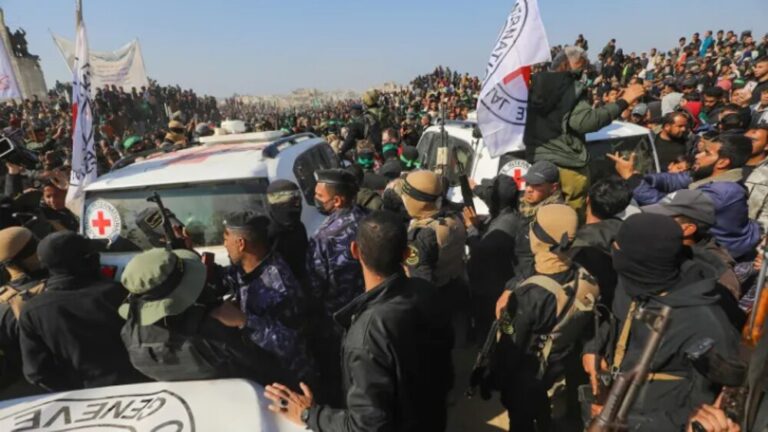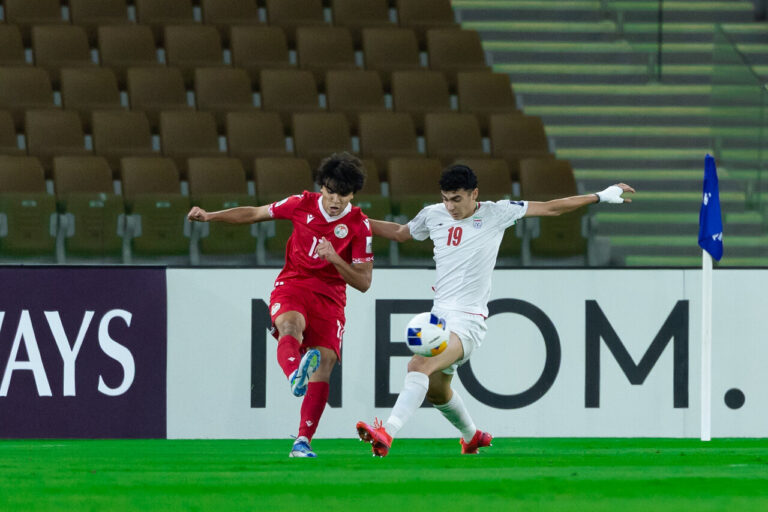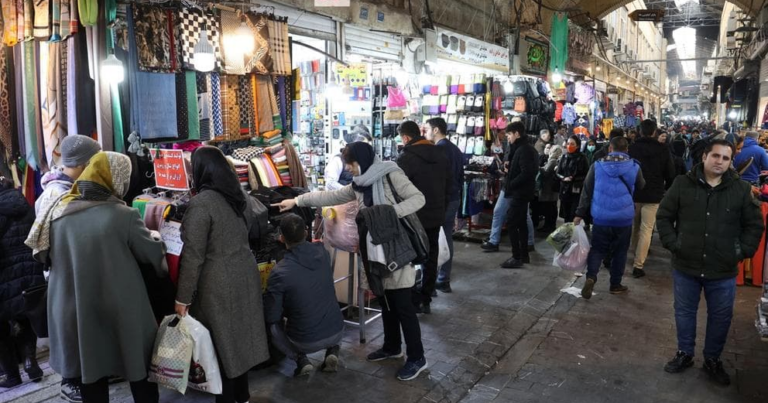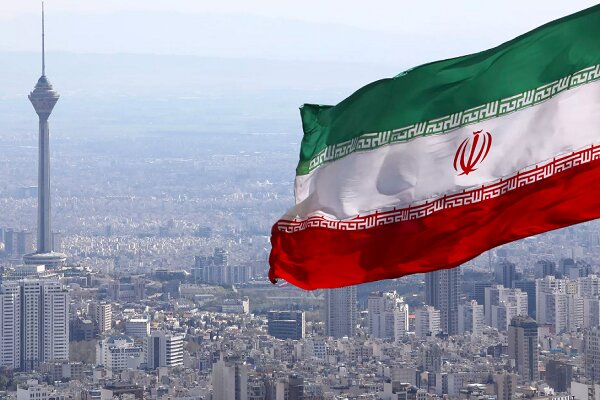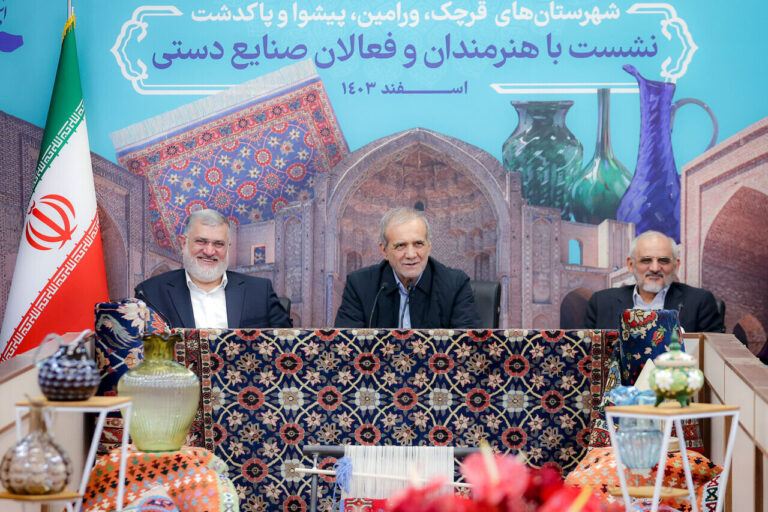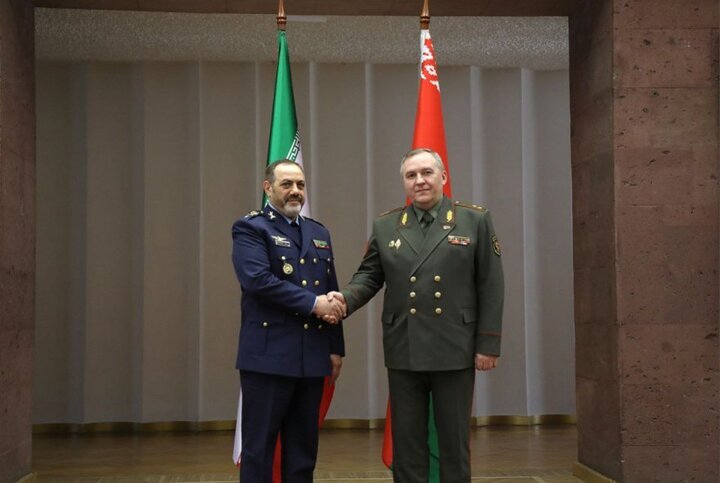US Officials Anticipate Stricter Sanctions on Iran Amid Stalled Negotiations
In a recent interview with CNBC, a prominent official expressed expectations for stringent sanctions on Iran, aiming to compel the nation to relinquish its nuclear ambitions. This critical stance highlights the evolving dynamics surrounding Iran’s nuclear program and the geopolitical landscape of the Middle East.
On Wednesday, the official, Wright, is set to embark on a significant tour spanning nearly two weeks across three Middle Eastern nations, including Saudi Arabia. This visit marks his inaugural trip as a U.S. official to meet with the de facto leader of the Organization of the Petroleum Exporting Countries (OPEC).
The upcoming tour is strategically timed, considering the ongoing discussions about Iran’s nuclear activities and the broader implications for regional stability. Here’s what to expect from Wright’s diplomatic mission:
- Focus on Sanctions: A primary goal of the visit is to discuss and likely implement tighter sanctions on Iran, reinforcing the U.S. stance on nuclear proliferation.
- Engagement with Saudi Arabia: Wright will meet with key officials in Saudi Arabia, emphasizing the importance of collaboration among nations to address shared security concerns.
- Broader Regional Implications: The discussions will also cover the impact of Iran’s nuclear program on regional allies and how countries can collectively respond.
- Energy Security: As OPEC’s leader, Saudi Arabia plays a crucial role in energy markets, and this visit might touch upon how sanctions could influence oil prices and supply.
Wright’s tour comes at a pivotal moment in diplomacy, as nations grapple with the challenges posed by Iran’s nuclear ambitions. The U.S. has long maintained that a robust sanctions regime is essential to deter Iran from pursuing nuclear weapons, and this visit signifies a renewed commitment to that strategy.
Moreover, the discussions are expected to delve into the implications of Iran’s actions on global security. As tensions continue to rise over Iran’s nuclear program, the need for a coordinated response among key allies is more crucial than ever.
This visit not only highlights Wright’s role in shaping U.S. foreign policy in the Middle East but also reaffirms the importance of diplomatic engagement in addressing complex international issues. The outcomes of this tour could significantly influence the trajectory of U.S.-Iran relations and the stability of the region.
In summary, Wright’s upcoming diplomatic mission is set against the backdrop of intense scrutiny surrounding Iran’s nuclear program. With high stakes involved, the effectiveness of the proposed sanctions and the response from Iran will be closely monitored by international observers. The world watches as the U.S. seeks to navigate these challenging waters through diplomacy and strategic partnerships.
As this situation develops, the implications will resonate far beyond the Middle East, affecting global security and economic stability. The importance of Wright’s discussions with Saudi Arabia and other regional players cannot be understated, as they will play a crucial role in shaping future U.S. policy towards Iran and nuclear proliferation.
In the coming weeks, we can expect to see how these diplomatic efforts unfold and whether they will lead to a significant shift in Iran’s nuclear strategy or further complicate the geopolitical landscape in the region.
Stay tuned for updates on this critical diplomatic mission and its potential impact on global affairs.
